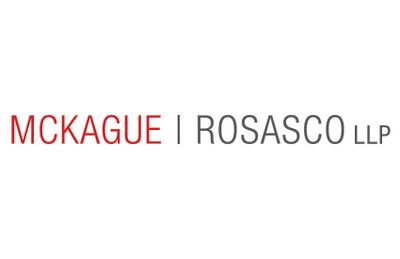Are employer reward programs for COVID-19 vaccinations permissible? Yes, says EEOC. But new questions surface…
June 9, 2021
The U.S. Equal Employment Opportunity Commission (EEOC) recently updated and expanded its technical assistance FAQs regarding the COVID-19 pandemic, including the topic of employer vaccination incentive programs.
Employers can now, in some circumstances, offer unlimited rewards to employees for getting the jab. According to the EEOC update, there are two tracks that employers can follow when implementing a rewards program:
Vaccines administered by 3rd party: An employer may offer an incentive to employees to voluntarily provide documentation or other confirmation that they received a vaccination on their own from a pharmacy, public health department, or other health care provider in the community. Requesting documentation or other confirmation showing that an employee received a COVID-19 vaccination in the community is not a disability-related inquiry covered by the ADA. Therefore, an employer may offer an incentive to employees to voluntarily provide documentation or other confirmation of a vaccination received in the community. The employer is required to keep vaccination information confidential pursuant to the ADA.
Vaccines administered by employer: An employer may offer an incentive to employees for voluntarily receiving a vaccination administered by the employer or its agent, if any incentive (which includes both rewards and penalties) is not so substantial as to be coercive. Because vaccinations require employees to answer pre-vaccination disability-related screening questions, a very large incentive could make employees feel pressured to disclose protected medical information, thereby violating the Americans with Disabilities Act (ADA).
Thus, 3rd party administered vaccines can have unlimited reward, while employer-administered vaccine rewards are limited to incentives that aren’t substantial or coercive. Unfortunately, the EEOC has not answered the next obvious question: what is substantial so as to be coercive? We can only wait to see if the EEOC will provide an additional update with examples of scenarios that are acceptable and those that are substantial to eliminate this gray area.
One other issue that has arisen is the potential problem of implementing a rewards program where certain employees are unable to get the vaccine for medical or religious reasons. The ADA requires disabled employees to be reasonably accommodated so that the “same benefits and privileges” can be enjoyed. Title VII has a similar accommodation requirement for the sincerely-held religious beliefs of employees. Employers are now left guessing as to how to creatively provide employees who can’t get vaccinated with the same benefit as those who do get vaccinated.
All in all, employers may be reaching deeper into their pockets this year with employee vaccinations. Most California employers must already provide COVID-19 supplemental paid sick leave for employees who attend a vaccine appointment or are unable to work or telework due to vaccine-related side effects. Vaccine rewards will now allow employees who are thinking of getting vaccinated to effectively double-dip in workplaces that choose to participate. Also, remember to pay overtime on any non-discretionary bonus.
If you have vaccine or COVID 19 questions, contact the experts at McKague Rosasco LLP for assistance.

